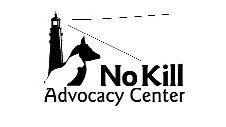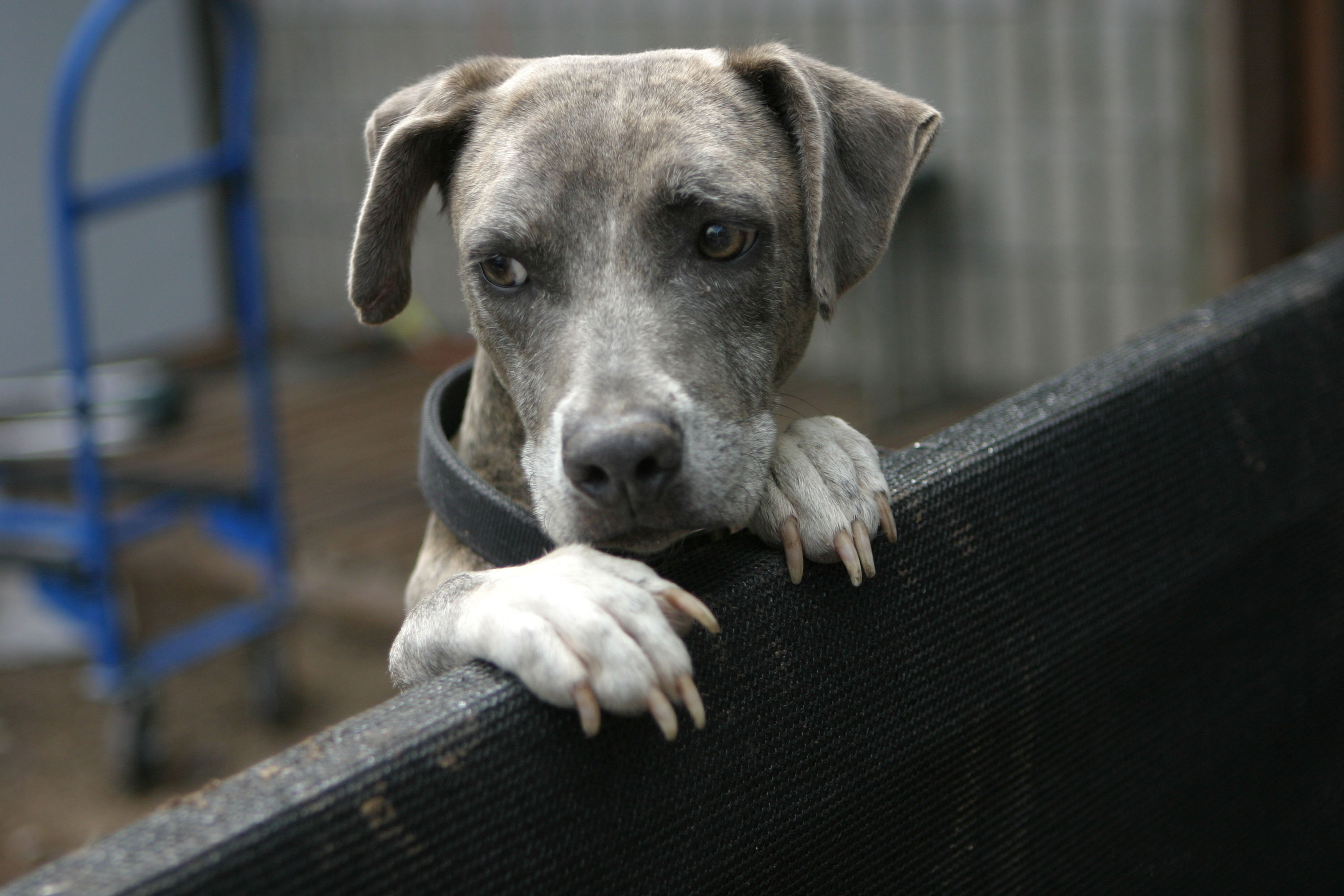Tornadoes, Hurricanes, Earthquakes, Fires, Flood, all disasters leave a great deal of devastation behind and grief over losses. But it’s important not to panic and try to pick up the pieces as best we can.
The aftermath of disasters affects animals too, leaving them frightened and/or injured. In these situations, first responders must attend to humans before they can turn their attention to animals.
After you’re allowed back to your area, check to see if you can locate any animals you had to leave behind. When you find an animal, if it is injured, professionals advise that you do not try to move or treat the animal without their assistance.
Call 911 and explain your situation giving details as best you can. Then call your vet to see if s/he can assist you.
There are many organizations whose volunteers will go to each home to check on animals. These organizations usually have equipment which has been donated including food, water, medicines, evacuation trucks. Most times there is a vet among the volunteers who can attend to injuries on the spot until the animal can be transported to the proper facility. It may take time to get a large enough van for an animal the size of a horse into the area, depending on road conditions. Try to be patient and offer words of comfort to your animal.
There are a number of organizations you can contact post disaster to help with rebuilding, insurance, locating lost animals. Here is a list of some sites that can provide aid.
DisasterAssistance.gov
The Federal Emergency Management Agency at FEMA.gov
Disaster Distress Helpline (disasterdistress.sambsa.gov) 800-985-5990
U.S. Department of Agriculture (USDA, usda.gov/emergencypreparednessresponse)
Benefits.gov
Always have a packet that includes telephone numbers of where you can be reached, your vet, friends and relatives; the number of animals you have and their descriptions including their names; complete health records and any necessary medications.
Keep the packet in a place where it can be easily accessible before an impending disaster. The information will help first responders, vets, volunteers to help your animal.



